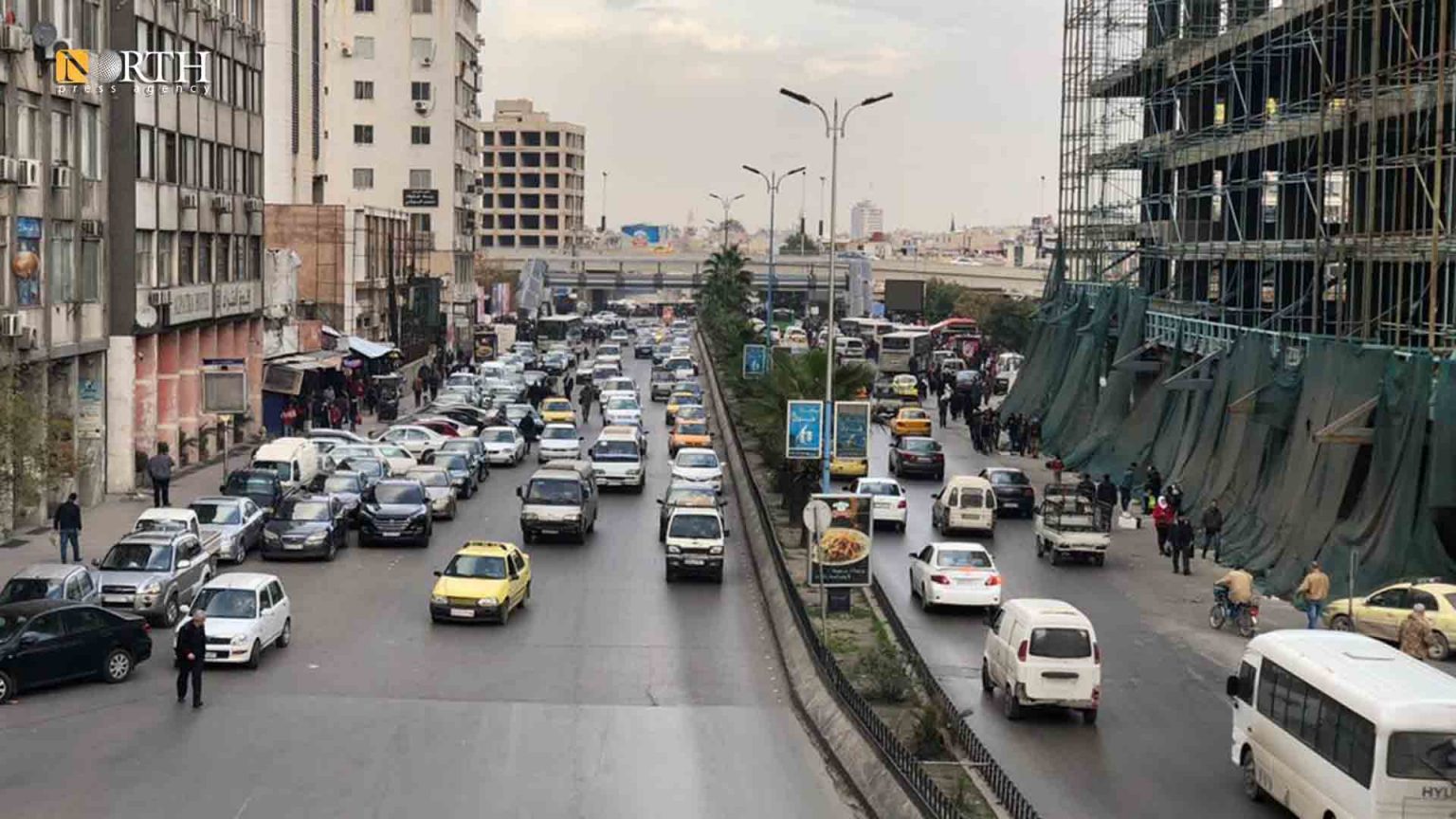DAMASCUS, Syria (North Press) – A week after the start of 2021, residents of the Syrian capital Damascus hope that the new year will carry with it relief from the economic and living crises that have arisen throughout the past year.
Most of them list the direst crises as “petrol, diesel, electricity, and price hikes,” and look with some hope for the new year, despite their suspicion of any solutions offered by the government.
All crises together
Zuhair Khaled (a pseudonym), a shop owner in Damascus’ Zahirah neighborhood, told North Press that 2020 was full of crises that further deteriorated the living situation, starting with the bread shortage, then diesel and petrol, and electricity and high prices.
He expressed his hope that the new year would bring with it relief for the crises, although he ruled out any solutions based on available indicators.
2020 witnessed multiple setbacks for the Syrian economy, starting with the collapse of the Syrian pound (SYP) to an exchange rate nearly 3,000 SYP against the US dollar, the suspension of many production plants, and the implementation of the US Caesar Act in mid-June.
The implementation of the sanctions was followed by suffocating crises due to the lack of fuel, especially diesel and petrol, in addition to the ongoing bread crisis and increased hours of power cuts.
This economic crisis coincided with a series of wildfires that hit the southern, interior and coastal areas which contributed to the further deterioration of the already low standard of living after a decade of war.
No different from 2020
Asim Daghli (a pseudonym), a high school teacher in Sha’lan neighborhood, said that all the data indicates that the year 2021 will not be much different from 2020.
“The government does not have a magic wand to change this situation, and even if it did, it will not change anything, because they benefit from it,” he told North Press.
Corruption and monopoly by influential people in the government are the main cause of the successive crises in the government held areas, Daghli said.
In August, a gasoline crisis changed the Syrian cities through a general paralysis of their streets, amid great congestion at petrol stations.
Ghassan Ali (a pseudonym), a public taxi driver, said that insufficient allocation of gasoline drives them to buy the substance on the black market at double prices.
Ali does not hide his pessimism about radical change in the new year.
“I know that the situation will remain as it is, and even get worse, but we hope that the new year will be good and a solution to all our crises,” Ali hopes.
Crazy hopes
In June 2020, United Nations aid agencies warned that Syria was facing an unprecedented food crisis.
The World Food Program said in a statement in Geneva that the number of people lacking basic foodstuffs increased by 1.4 million in the first six months of 2020. Residents no longer trust the government’s actions or its promises to solve the crisis that has affected everything.
In April, the Syrian government began to approve the distribution of bread through a smart card and then raised its price later, so that the crisis remains in the form of in long lines in front of the bakeries.
Sherin Khaled (a pseudonym), a housewife residing in Bab al-Jabiya, accused the government of “playing with people’s food,” while most families spent their income buying subsidized bread which is sold at 1,500 SYP per bundle.
Khaled added that it is “crazy” to hope that the crises will end with the new year, because “no sane person can expect a solution from the government.”

